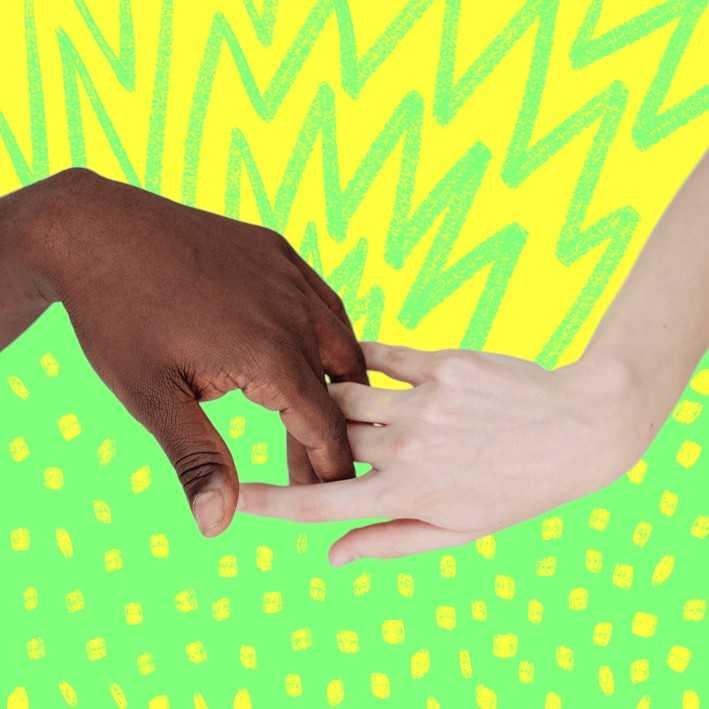Explore the World's Best Ideas
Join today and uncover 100+ curated journeys from 50+ topics. Unlock access to our mobile app with extensive features.
About ROCD 1/2
Common Relationship OCD obsessions:
- Fear that you’re not good enough for your partner.
- Constantly second guessing your love for your partner.
- Constantly wondering if you’re with the right person.
Common misconceptions about Relationship OCD:
- Relationships don’t evolve over time and should feel passionate 100% of the time.
- The idea that once you find someone you’re “meant to be” with, you can’t find other people attractive.
- Getting caught up in the idea of finding “the one.”
38
624 reads
About ROCD 2/2
Relationship OCD compulsions:
- Obsessive questioning: You’re preoccupied with very small details that make you question everything about your relationship
- Research: Constantly reading articles about how a “successful” relationship looks like
- Comparisons: Comparing other people's relationships it to yours
- Endless reflection: Always questioning your partner’s qualities
- Seeking passion: Becoming upset during moments of sexual intimacy because you’re desperate to find passion with your partner
- Creating rules for your partner: When they don’t uphold them, you think the relationship isn’t worth it
33
212 reads
Relationship anxiety
Relationship OCD, also known as Relationship Substantiation or ROCD, is a subset of OCD in which sufferers are consumed with doubts about their relationship . They question their love for their partner, their attraction to their partner, their compatibility with their partner, and their partner’s love for them.
Having doubts or concerns about your partner is normal. Everyone experiences them. However, for ROCD sufferers, these thoughts can be irrational, unfounded and detrimental to day-to-day life.
43
508 reads
How Do I Know it’s OCD?
Everyone gets intrusive thoughts, but having them doesn’t mean you have OCD. For people who do have OCD, these thoughts can be debilitating, causing extreme anxiety and discomfort. No matter how hard you try to get rid of them, they won’t go away. For sufferers of ROCD, there’s a never-ending analysis of yourself and your partner. This ongoing quest to determine if you’re right for one another, gets in the way of having a healthy relationship. Often times, the “flaws” you obsess over are extremely minor and not indicative of larger issues in your relationship.
32
155 reads
How Do I Know it’s OCD?
Everyone gets intrusive thoughts, but having them doesn’t mean you have OCD. For people who do have OCD, these thoughts can be debilitating, causing extreme anxiety and discomfort. No matter how hard you try to get rid of them, they won’t go away. For sufferers of ROCD, there’s a never-ending analysis of yourself and your partner. This ongoing quest to determine if you’re right for one another, gets in the way of having a healthy relationship. Often times, the “flaws” you obsess over are extremely minor and not indicative of larger issues in your relationship.
30
74 reads
REAL LIFE EXAMPLES
Everyday Examples:
- You’re married to someone smart, funny, attractive and loveable, yet you can’t help but think that you could have found a better partner.
- You think your partner has bushy eyebrows. You pinpoint this “flaw” and think that you couldn’t possibly be with someone like this for the rest of your life. You start thinking that it’s time to find someone who has better-looking eyebrows.
- You’ve been dating someone for a year and the question of marriage comes up from time to time. Even though your partner is great and you’re happy, you can’t stop wondering if you love him/her enough.
31
153 reads
Is Recovery Possible for Me?
Yes! But it takes two to tango. Treatment for Relationship OCD almost always involves you and your partner. Remember, patience and transparency are the keys to successful treatment. This subtype of OCD is best treated with Exposure Response Prevention Therapy (ERP) . ERP is when you voluntarily expose yourself to the source of your fear over and over and over again, without acting out any compulsion to neutralize or stop the fear. By repeatedly facing something you’re afraid of, you force your brain to recognize how irrational it is.
31
128 reads
Another solution
There are other treatment options as well. Mindfulness -based Cognitive Behavioral Therapy , also known as CBT, teaches people to identify, understand and change negative thinking patterns and behaviors. Patients are taught problem-solving skills during therapy lessons and then instructed to practice them on their own time in order to build positive habits.
30
140 reads
Please, read this
If you suffer from OCD, you have a severe anxiety disorder. But it can be treated. Start by getting educated and making healthy living choices. Then find a clinical psychologist in your area who specializes in OCD and Exposure Response Prevention (ERP) .
30
133 reads
IDEAS CURATED BY
Federica di Mola's ideas are part of this journey:
Learn more about loveandrelationships with this collection
How to create a positive work environment
Conflict resolution strategies
Effective communication in the workplace
Related collections
Similar ideas
Read & Learn
20x Faster
without
deepstash
with
deepstash
with
deepstash
Personalized microlearning
—
100+ Learning Journeys
—
Access to 200,000+ ideas
—
Access to the mobile app
—
Unlimited idea saving
—
—
Unlimited history
—
—
Unlimited listening to ideas
—
—
Downloading & offline access
—
—
Supercharge your mind with one idea per day
Enter your email and spend 1 minute every day to learn something new.
I agree to receive email updates

